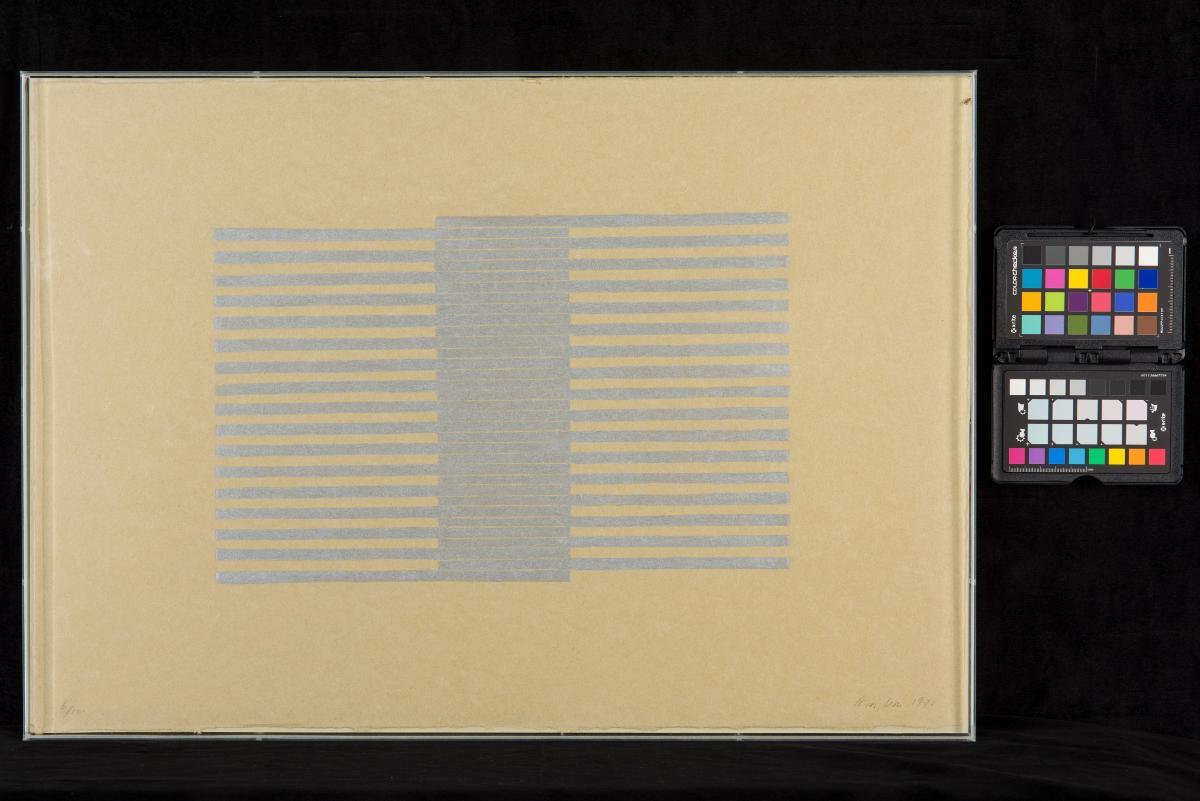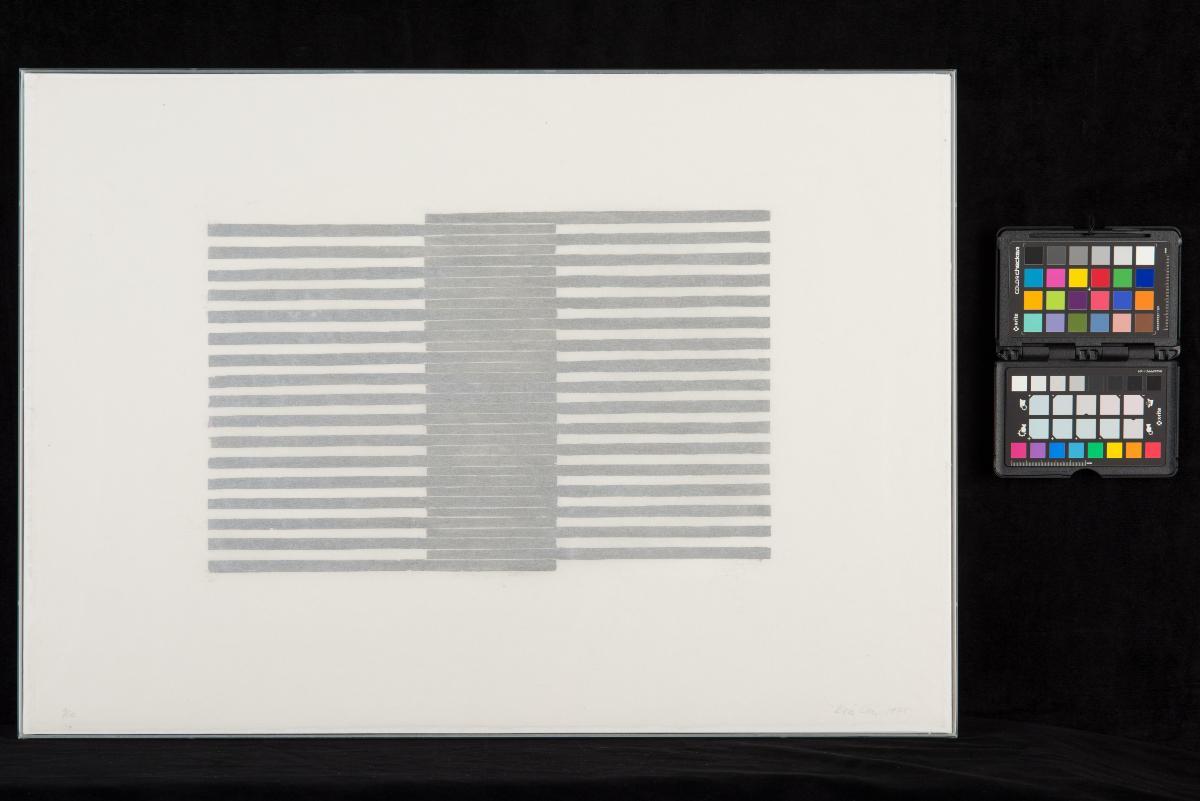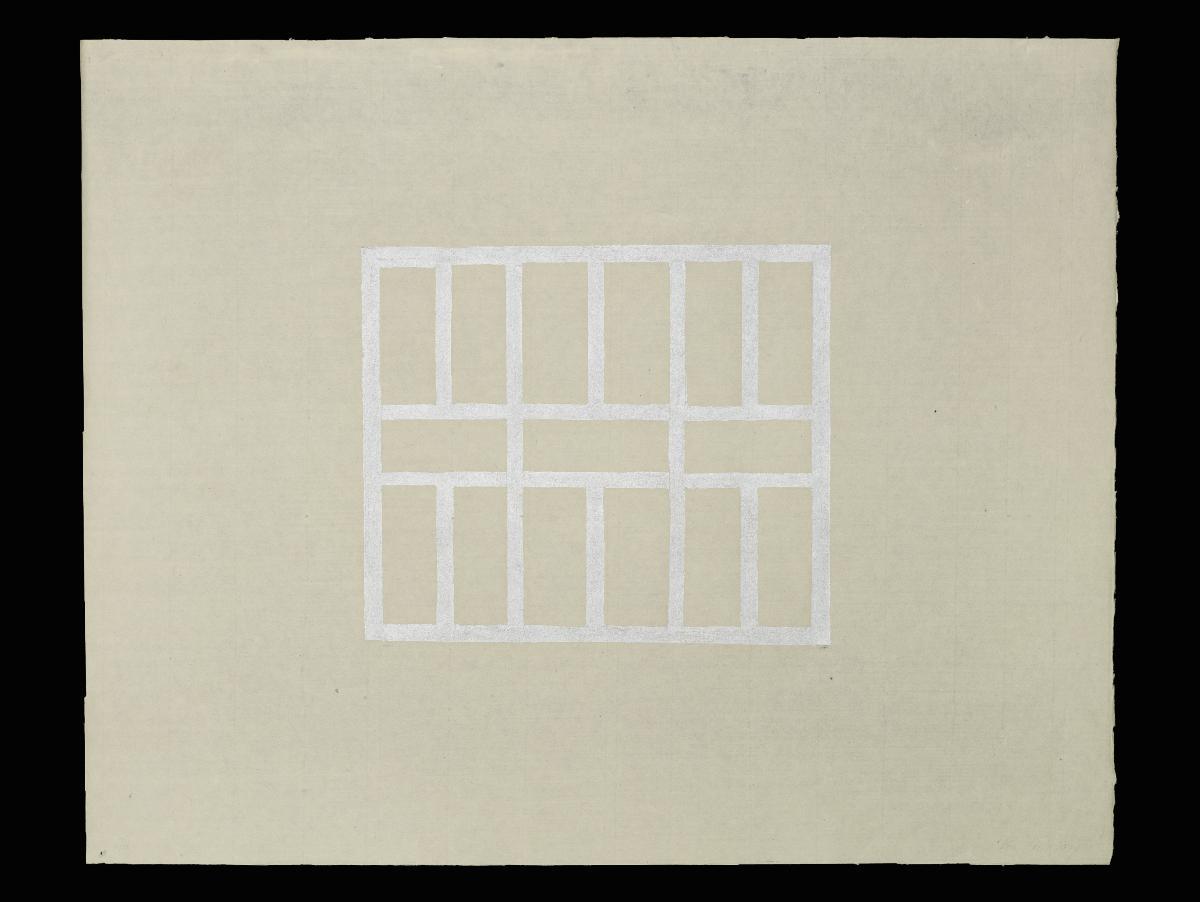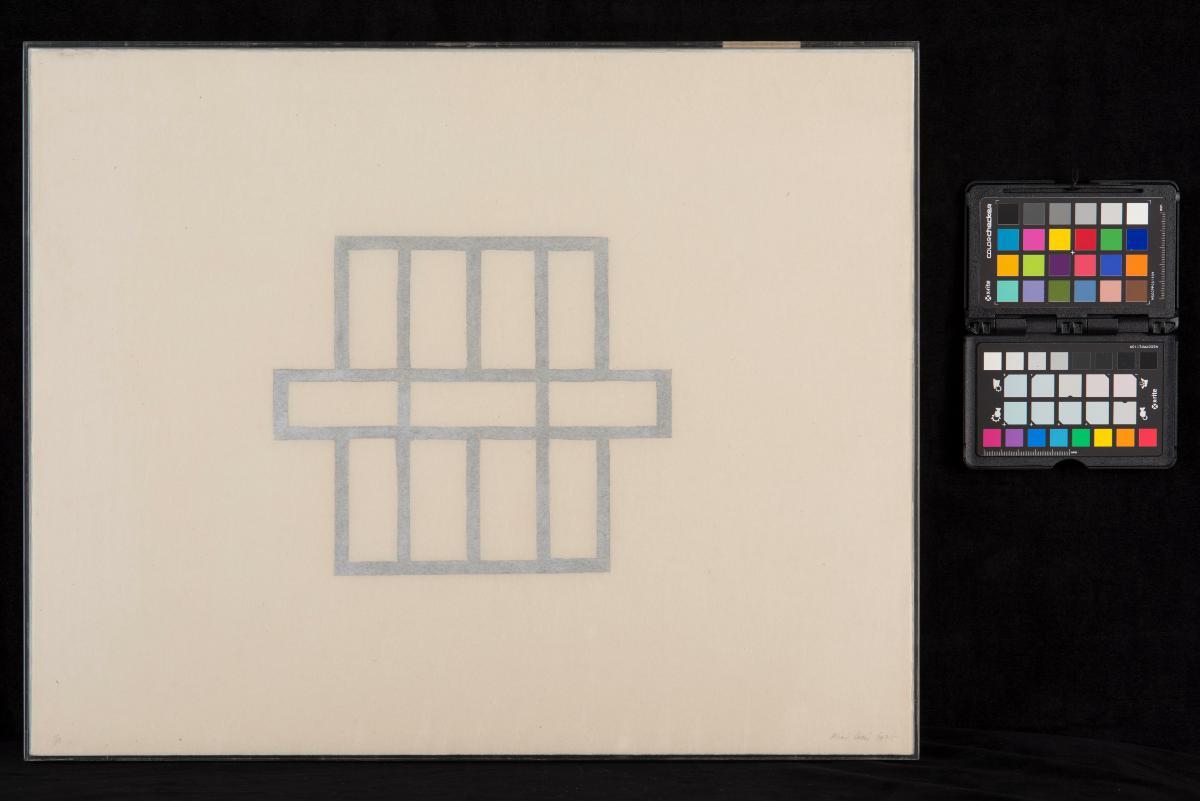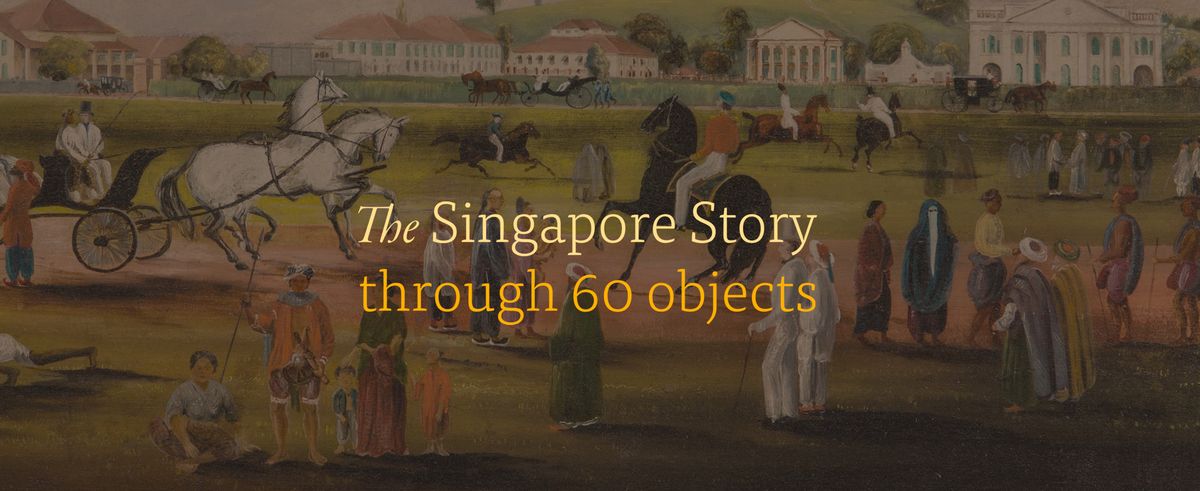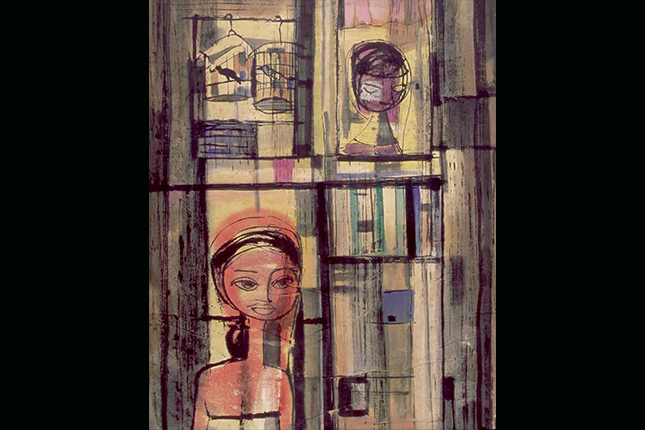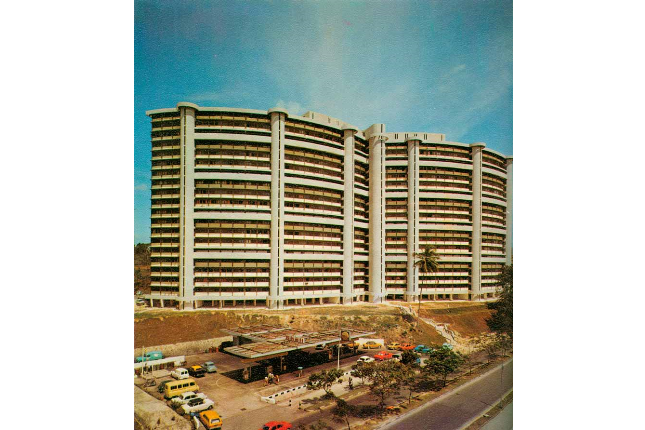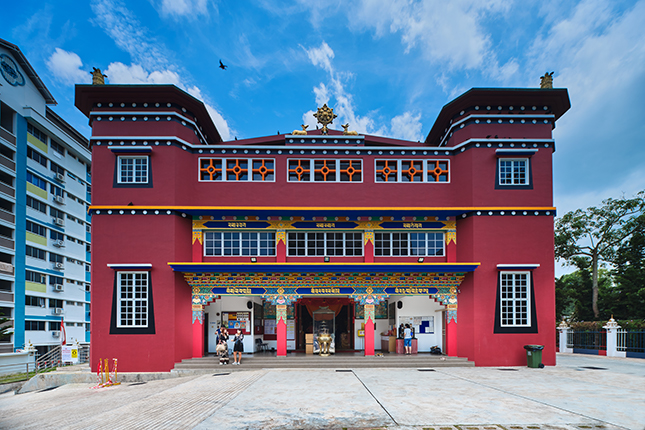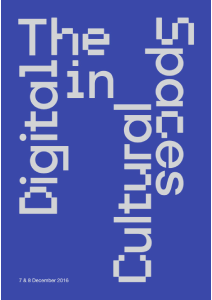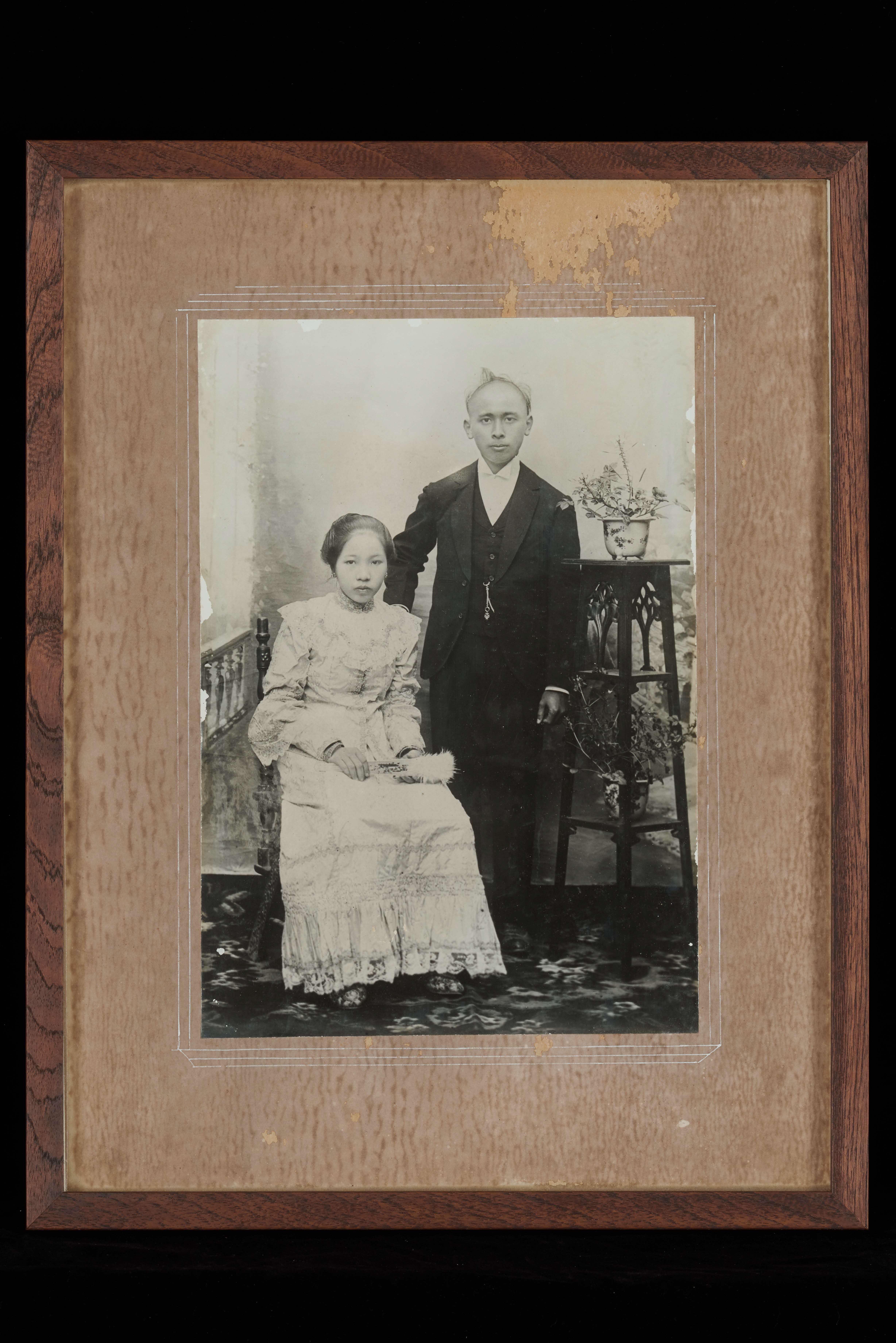Kim Lim was born in Singapore and spent much of her early childhood in Penang and Malacca. Her father was Lim Koon Teck, a well-known barrister with roots in Sarawak, Borneo and through her mother’s side (Betty Seow Guat Beng), she is a descendant of Tan Kim Cheng, son of Singapore pioneer Tan Tock Seng. At the age of eighteen, Kim Lim went to London to pursue her career as an artist. She spent two years at St. Martin’s (1954-56) concentrating on wood-carving. Then, she transferred to the Slade where she developed a strong interest in print-making under the tutelage of etcher Anthony Gross and lithographer Stanley Jones. She exhibited widely after graduating from the Slade in 1960. In a 1964 interview published by the prestigious journal Studio International, Kim Lim unpacked the process that she undergoes in conceiving the relationship between her sculptural practice – which is primarily divided into two periods, i.e. 1960-1979: works in wood and metal and 1979-1997: works in stone – and her prints which stretched across her practice. Whilst the prints may be seen in their own right as works that potentiate her conceptual manoeuvres in systematically exploring what she termed as the ‘power of the spaces between’, they are also very closely related in method to the sculptures. ‘I use the image as a unit’, Kim Lim observes, ‘printing it twice or sometimes reversing it and so building the print’. ‘Graphics interest me not as a means of reproduction but as a medium with specific qualities and characteristics: scale, squeezed area of colour, etched line, embossed surface, and the imprint of a copper plate’. This reference, to ‘building’ a print near alludes to the process by which she would break down the categories of ‘painting’ and ‘sculpture’, generating a system through which the work of art is potentiated as an ‘object’ in its own right i.e. colliding space, edge, volume and form.





